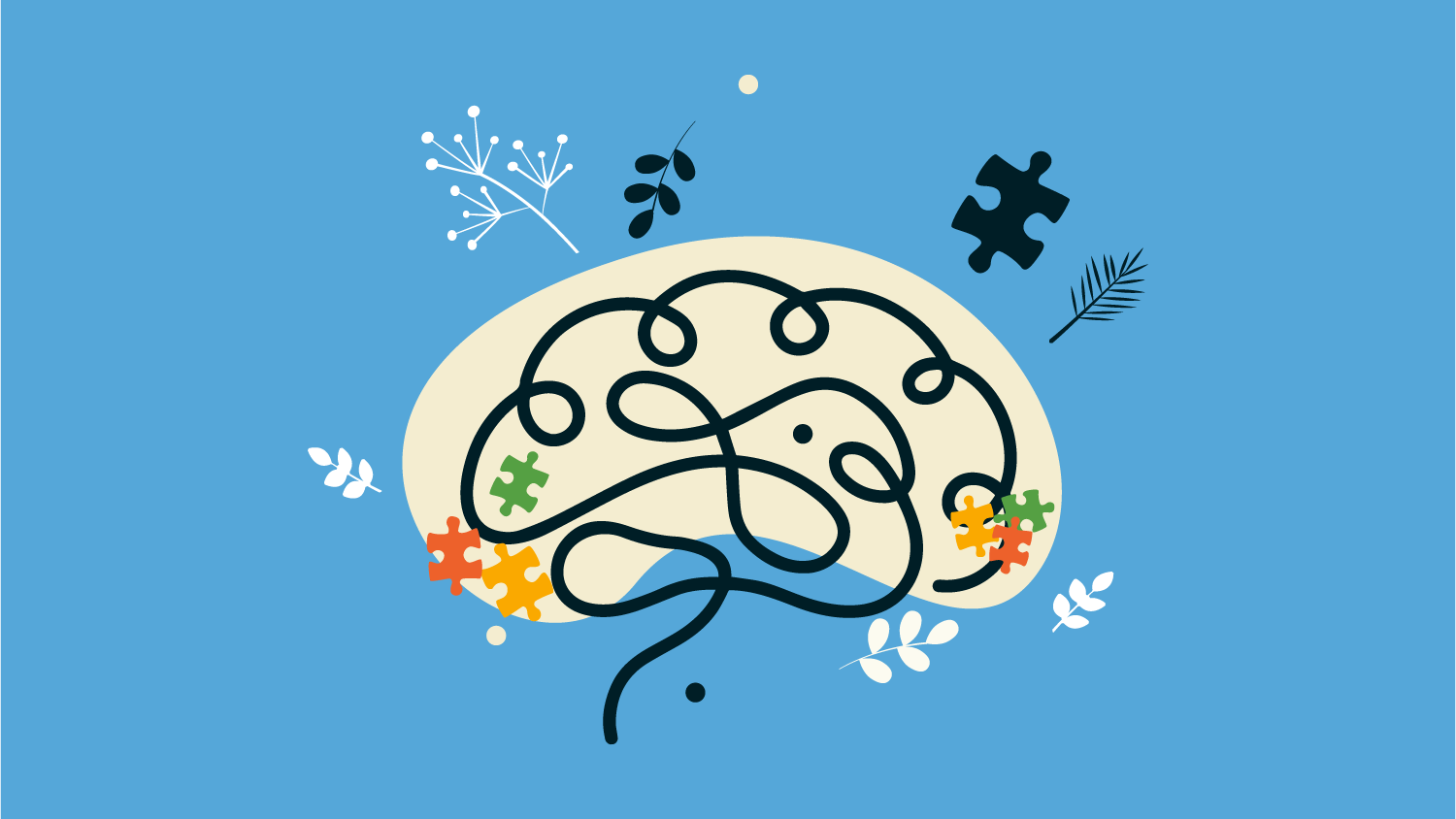Breaking Silence: Inside the Mental Health Reporting Revolution

Empowering Journalists: A Groundbreaking Approach to Mental Health Reporting
Poynter's Mental Health Reporting Project is revolutionizing how journalists approach sensitive topics with unprecedented depth and compassion. By collaborating with The Carter Center, the project has developed a comprehensive training program that goes beyond traditional reporting techniques.
The innovative five-lesson curriculum equips journalists with critical skills to navigate complex mental health narratives responsibly. Participants learn nuanced strategies for covering challenging subjects like trauma, suicide, addiction, and mental health disparities with both professional rigor and human sensitivity.
More than just a training program, this initiative recognizes the emotional toll of reporting on difficult subjects. Journalists are not only taught how to tell powerful stories ethically but are also provided tools to protect their own psychological well-being during the reporting process.
By bridging professional expertise with empathetic storytelling, Poynter's project is transforming mental health journalism, ensuring that these critical stories are told with accuracy, respect, and profound understanding.
